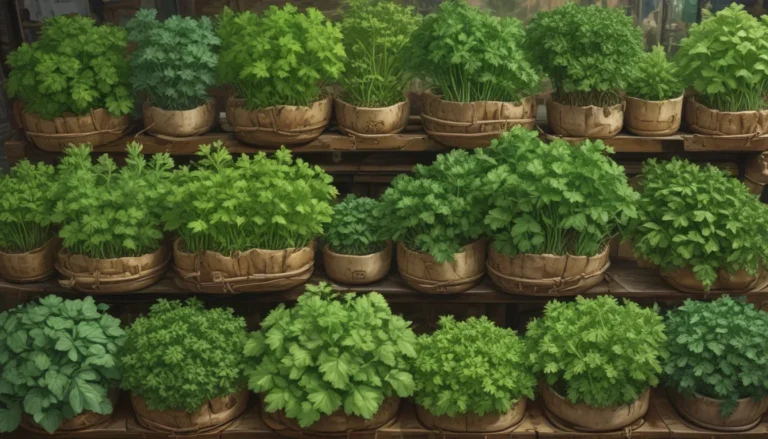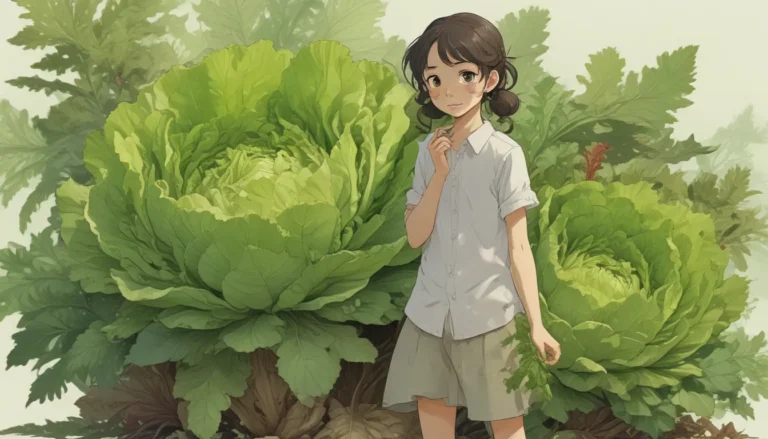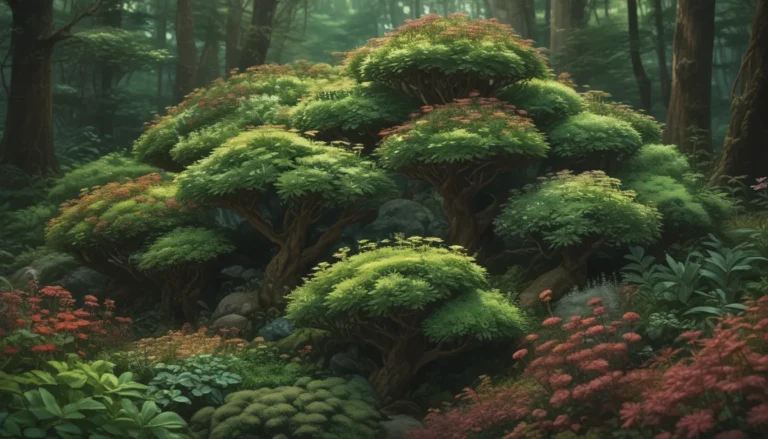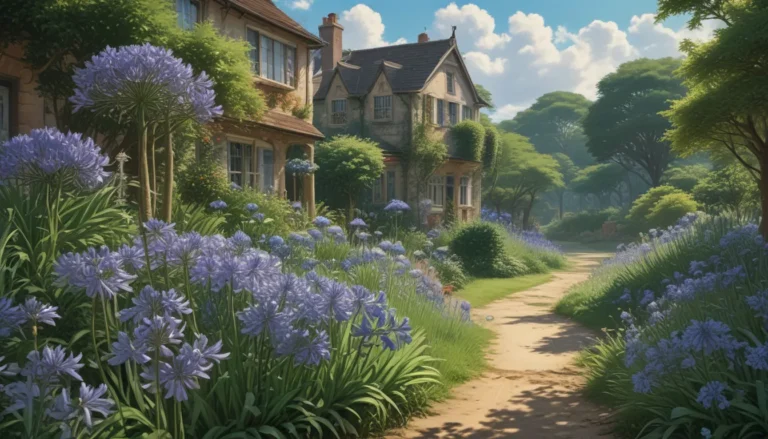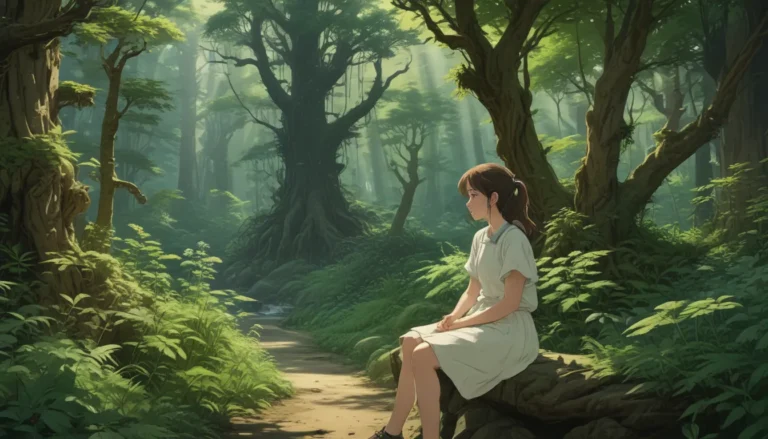Understanding Juglone Toxicity: How Black Walnuts Impact Your Garden
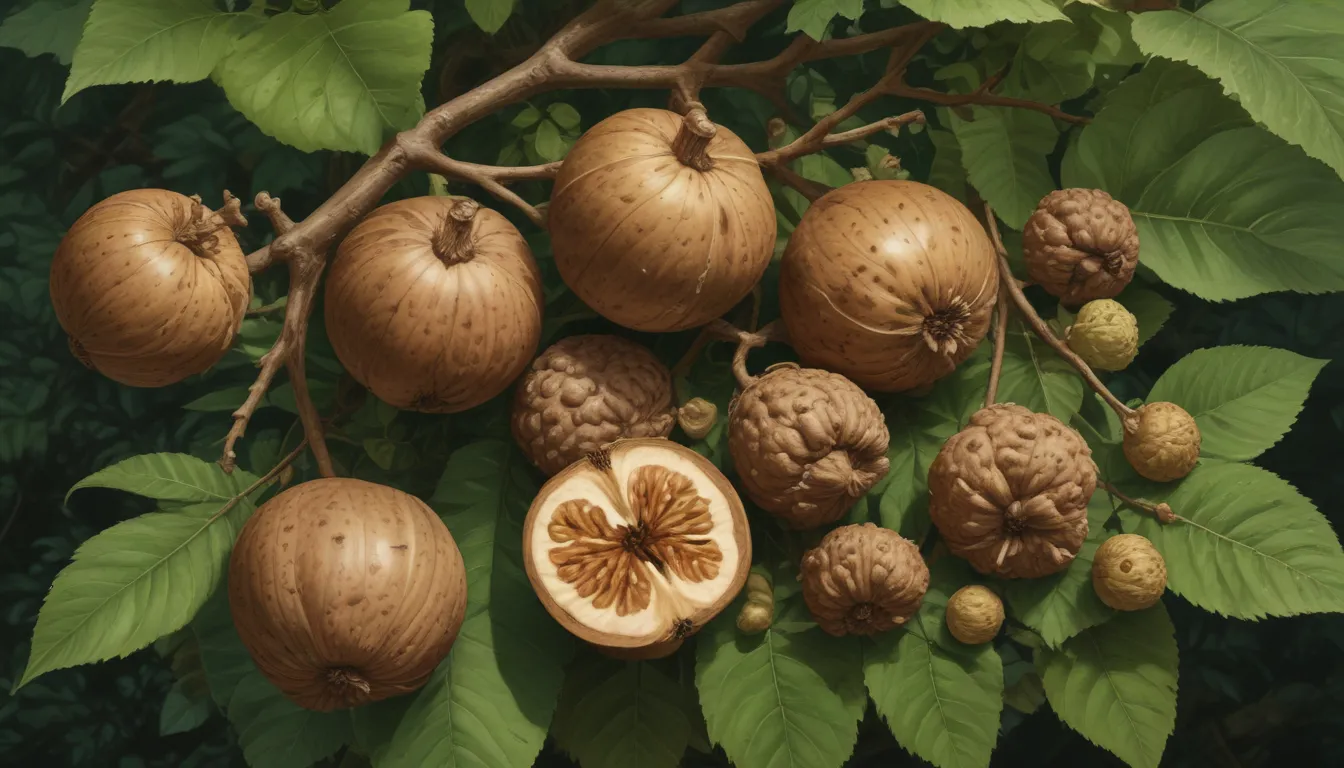
Growing up surrounded by black walnut trees in Nebraska, I fondly remember cracking open their tough shells to retrieve the delicious nut meat inside. Little did I know that these flavorful nuts carried a hidden danger that would later impact my own garden.
As my husband and I embarked on landscaping our 4-acre homestead, we encountered unexpected challenges with our apple trees. Despite our best efforts, they were wilting and failing to thrive. It wasn’t until we investigated further that we realized the culprit – a neighboring black walnut tree.
The Toxicity of Black Walnuts: Unraveling the Mystery of Juglone
Black walnut trees, scientifically known as Juglans nigra, possess a potent defense mechanism known as juglone. This chemical compound, found in various parts of the tree but most concentrated in the roots, nuts, and seeds, can spell disaster for nearby plants.
While other trees like hickories and butternuts also produce juglone, black walnuts are notorious for their high levels of this toxin. This natural defense system, designed to ensure the survival of the species, inadvertently harms surrounding flora.
Recognizing Juglone Toxicity in Your Garden
The symptoms of juglone toxicity can initially mimic other plant ailments, leading to confusion and misdiagnosis. Plants sensitive to juglone may exhibit symptoms such as wilting, yellowing leaves, stunted growth, and ultimately death.
It’s crucial to identify these signs early on to prevent further damage to your garden. Once affected, there is no cure for plants suffering from juglone poisoning, highlighting the importance of avoiding planting near black walnut trees altogether.
Choosing the Right Plants: Resistant Species to the Rescue
While many plants fall victim to juglone toxicity, some species have developed resistance to this potent compound. By selecting tolerant trees, shrubs, fruits, vegetables, flowers, and vines, you can create a thriving garden environment despite the presence of black walnut trees.
Tolerant Trees:
- American Elm
- Black Cherry
- Dogwood
- Eastern Red Cedar
- Hickory
- Locust
- Maple
- Oak
- Ohio Buckeye
- River Birch
- Sycamore
- Virginia Pine
- Yellow Poplar
Tolerant Shrubs and Bushes:
- American Holly
- Azalea
- Black Raspberry
- Currant
- Elderberry
- Juniper
- St. John’s Wort
- Snowball Hydrangea
- Sumac
- Witch Hazel
Tolerant Fruits and Vegetables:
- Beans
- Cherries
- Corn
- Melons
- Onions
- Quince
- Root vegetables
- Squash
- Stone fruits
Tolerant Flowers and Vines:
- Bee Balm
- Bleeding Heart
- Daffodil
- Chrysanthemum
- Crocus
- Hosta
- Iris
- Jack-in-the-Pulpit
- Jacob’s Ladder
- Jerusalem Artichoke
- Lamb’s Ear
- Morning Glory
- Pansy
- Pot Marigold
- Purple Coneflower
- Sunflower
- Tuberose
- Tulip
- Virginia Creeper
- Wild Grape
- Violet
- Yarrow
- Zinnia
By incorporating these resilient species into your garden, you can mitigate the effects of juglone toxicity and promote a flourishing ecosystem.
Mitigating Juglone Damage in Established Gardens
If you find yourself in a situation where your garden or orchard is already established near a black walnut tree, there are strategies you can employ to minimize the impact of juglone toxicity. Creating physical barriers to prevent direct contact between sensitive plants and walnut debris, such as seeds or leaves, can help protect your garden.
Additionally, raised bed systems and proper soil drainage can help dilute the effects of juglone over time. While these methods may not provide a foolproof solution, they can aid in maintaining a healthy garden in a challenging environment.
Embracing the Black Walnut: Balancing Beauty and Danger
Despite the risks associated with juglone toxicity, black walnut trees have a long history of providing valuable benefits to the environment. From wind protection to shade and nutritious nuts, these majestic trees offer a unique contribution to any landscape.
While it may be tempting to remove black walnut trees from your property to avoid the challenges they pose, it’s essential to consider their positive impact on the ecosystem. By implementing proactive measures to coexist with these trees, you can enjoy the benefits they offer while safeguarding your garden.
Do you have a black walnut tree in your yard or homestead? Share your experiences and strategies for maintaining a harmonious relationship between your garden and these iconic trees in the comments below. Let’s celebrate the beauty of black walnuts while navigating the challenges of juglone toxicity together.

